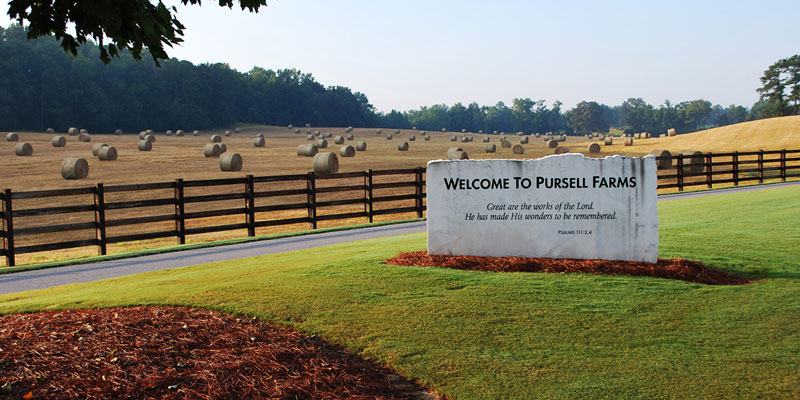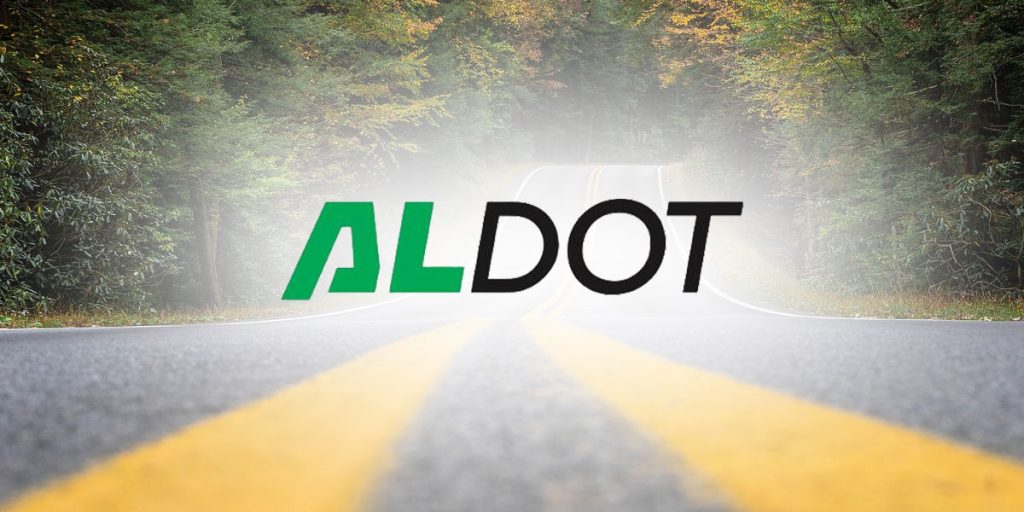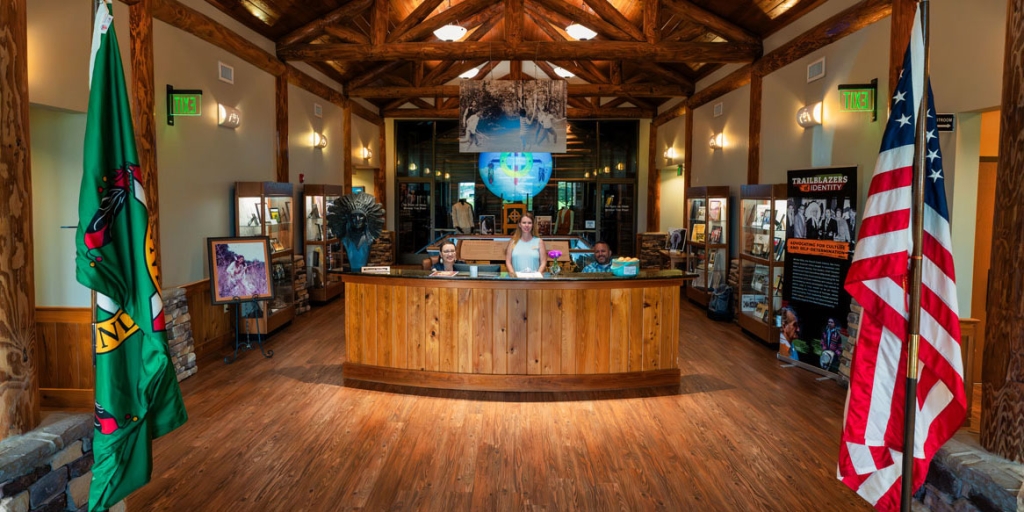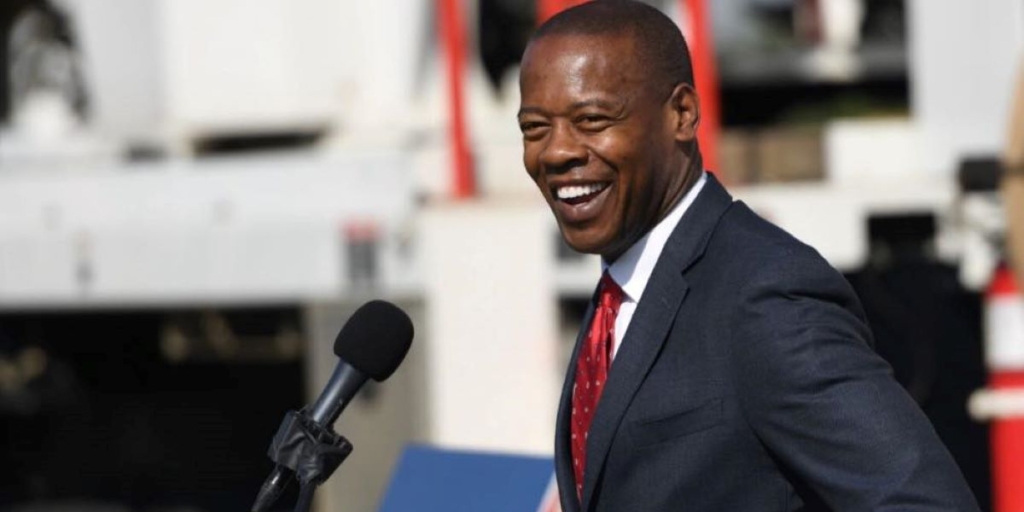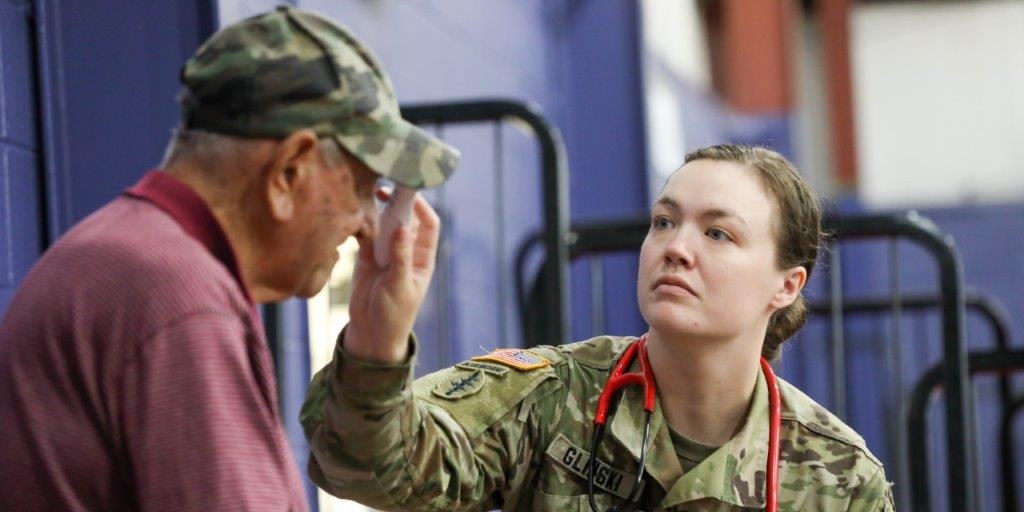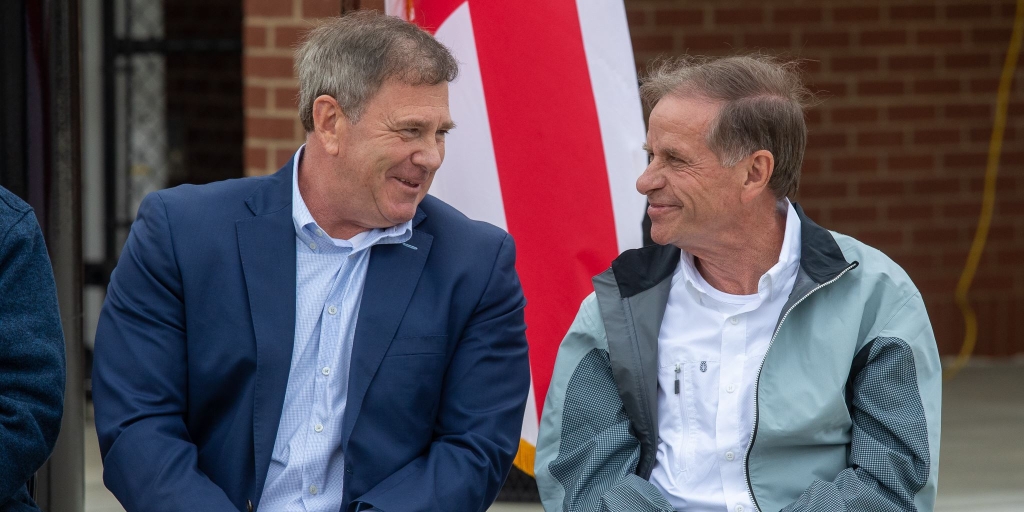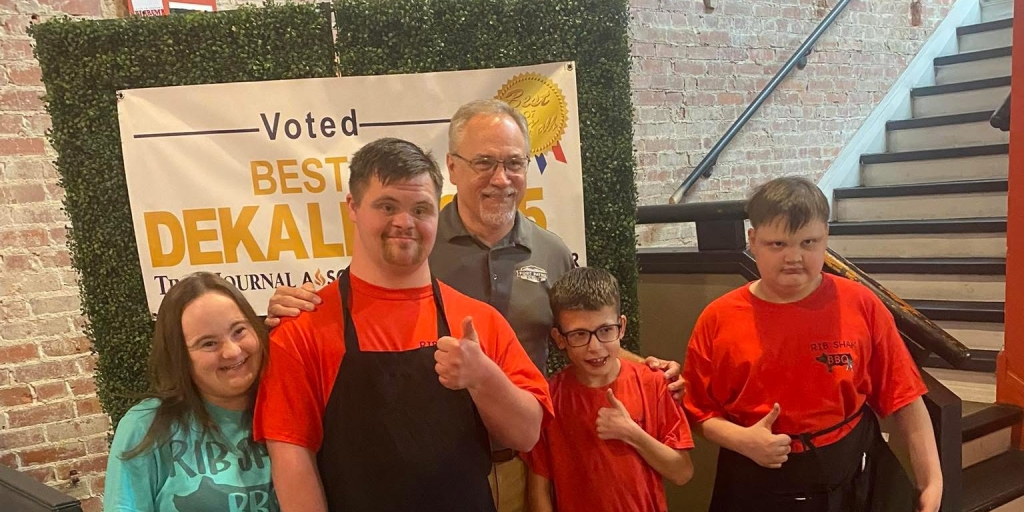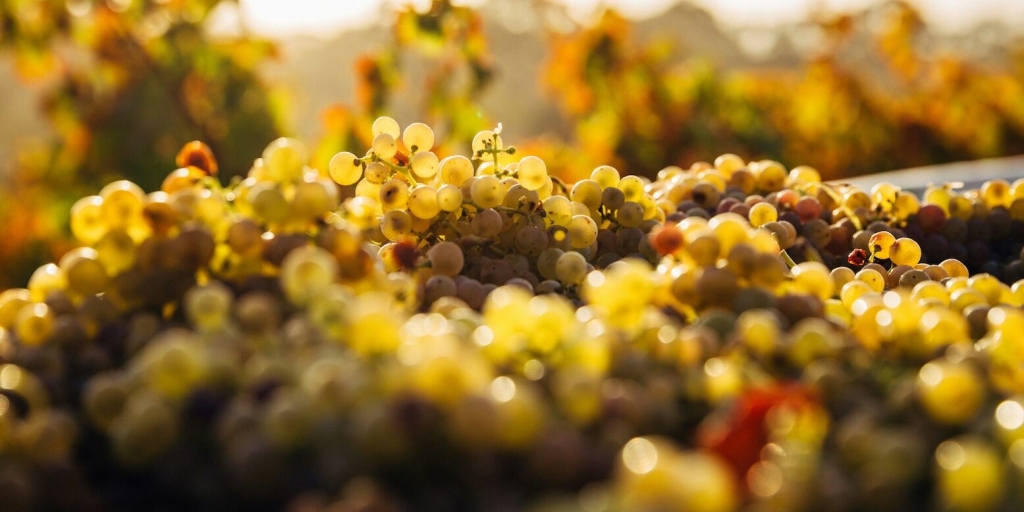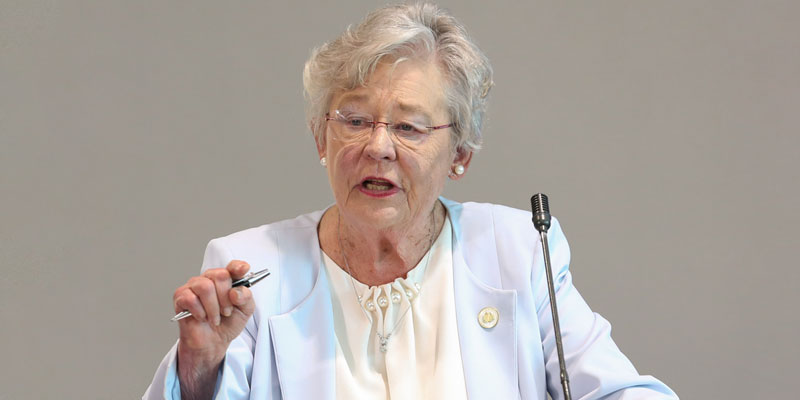David Pursell’s family business has undergone significant transformation over the years.
It began as a fertilizer company started by his great-grandfather in the early 20th-century and now stands as the premier golf and vacation destination in the state of Alabama.
One thing has remained constant for the Pursell family, and that is the land they call home. It has been their family farm, a headquarters for the fertilizer business and now it is the property onto which the Pursells welcome visitors from all over the United States and the world.
Pursell, who currently serves as CEO of Pursell Farms, lives on the property with his wife, Ellen. From their house, they are able to stay involved in every detail of the business and also enjoy the natural beauty of the farm by simply looking out of any window.
That view is one of which Pursell never tires.
“It’s an amazing view and I realize that I am super blessed to be able to live out here but also to live in Alabama and live in this country,” he said. “We take it for granted, but it’s an amazing privilege to live here. I try to remember that every day.”
A world-renowned destination
For him, “here” means the 3,200 acres on which Pursell Farms sits in Sylacauga, Alabama. This includes FarmLinks golf course, an 81-room inn, three restaurants and a wedding venue which holds up to 350 people.
In its 16th year, FarmLinks was voted once again the number one golf course in Alabama by Golf Week. And the wedding venue has a fairy tale quality about it. Visitors are struck by the seeming perfection of the scenery and grounds, with nary a blade of grass out of place.
One of the newest additions to the property is the Orvis shooting grounds.
Pursell Farms’ collaboration with the acclaimed outfitter and sporting company is a testament to the family’s reputation nationally among those in the sports and hospitality industries.
When Orvis wanted to add a shooting facility in the southeast – their biggest market – there was one place they had in mind.
“They called us,” recollected Pursell.
So, he went up to New York to meet the Perkins family, who owns Orvis, and to tour one of their facilities. Then the Perkins came down to Alabama.
“We drew up the contract on the back of a napkin,” Pursell said. “It wasn’t hours or days or weeks or months dealing with lawyers. It was just two family-owned companies saying, ‘This is what we are going to do, and this is how we are going to do it.’”
A true family business
The kind of agility that comes with being a family-run business traces its origins back more than 115 years.
Pursell’s great-grandfather, DeWitt Alexander Parker, founded Sylacauga Fertilizer Company in 1904. When he died in 1930, Pursell’s grandfather, Howard Arrington Parker, took over and ran it until the early 1960s.
As a result of some matchmaking by the great Alabama actor and entertainer, Jim Nabors, David Pursell’s father, Jimmy Pursell, married his wife Chris and joined the family business under Howard Parker’s tutelage.
RELATED: Matchmaking by actor Jim Nabors led to life on Pursell Farms
The extent to which the business was a family enterprise was impressed upon David Pursell at an early age.
“It’s been all these different generations of people,” he noted. “Again, about the land. The fertilizer business. There were a lot of cows involved always. And the mealtime conversations I just remember about the company. Even though I was young when I was coming up in the business, I actually was not sheltered from really anything about the fertilizer business itself. So, I learned a lot just around the dinner table.”
His first job was working in the family business as a 12-year old shoveling cottonseed in the warehouse. He has been at it ever since.
“All through high school I worked in the family fertilizer plant here in Sylacauga,” he remembered. “Went to Auburn, came back every summer, worked on the family farm here. Or doing something with the family business. So, when I get out of Auburn in December of 1980 it was never even a thought of going to work anywhere else. This was something I knew. It was in my blood, but it was a passion because I knew so much about it. It was kind of like ‘Hey, this is my family heritage.’”
Not only did he decide to enter the family business, but he also got married and moved out to live on the farm for the first time. That is where he and Ellen began raising what would ultimately become a family with six children.
During that time, Pursell and his family came to really know the land through time spent on it and with the help of a couple of four-wheelers they owned.
“At one time we didn’t even have a TV set,” he said. “We would just kind of takeoff and go on these adventures and we would spend hours and hours and hours just going around the farm – what is now Pursell Farms that nobody ever got a chance to see.”
RELATED: Enjoy the breathtaking view from atop Pursell Farms
Something his creative mind did see on those jaunts was the potential of the land and what it could become – what it has become today.
“Although I was in my early twenties, I didn’t have the means to do squat, so it was just kind of something I stored,” he remarked. “I guess you could say I stored it up in my heart. It was an amazing time to really get to know the land before it ever got transformed into the purposes that we used it for over the years or certainly what it is now.”
The evolution of the family business and Pursell Farms has been substantial during the four decades Pursell has lived on his family’s land.
“We had this great run in the fertilizer business for probably about 85 years,” the Pursell Farms CEO explained. “And then we started getting involved in more technological advancements. We got involved in controlled release fertilizers.”
In the 1950s, the company developed a brand-name called Sta-Green. It was his father’s “brainchild,” according to Pursell.
Under this brand, they entered the consumer lawn and garden market for the first time in addition to marketing to ornamental nursery growers, golf courses and their traditional agricultural customer base.
[rev_slider alias=”11_7_19″][/rev_slider]
“Rocket fuel” added to the business
Then the company made a monumental discovery that would change its course, and that of the entire industry.
It developed the POLYON fertilizer technology.
“Amazing technology,” described Pursell. “It was kind of like rocket fuel compared to kerosene. We’re from Sylacauga, Alabama. I can’t overemphasize that more. We were competing against public companies that were operating in foreign countries and whatever, and we were just Sylacauga. We only had one plant and it was right here in downtown Sylacauga.”
The company developed and patented the technology to manufacture a coating for application to any type of fertilizer product. The thicker the coating, the longer the product would last. They developed different grades for different uses. Certain grades were developed for agriculture, others for tasks as sensitive as fertilizing golf course greens. The release technology allowed it to last anywhere from six weeks to one-and-a-half years. Nothing like this had ever been done before.
The structure of the company changed, as well, in 1997 when the consumer fertilizer segment was sold off. Taylor Pursell, David’s brother, went with the new company to serve as its CEO. David Pursell also recalled it being a time when his father, Jimmy, was beginning to remove himself from the day-to-day operation of the business.
“So, this was really my baby to run with,” David Pursell said. “It was an exciting time, but it was also kind of scary when you think about it because we had a lot riding on it. At the time, we had very little sales. We were still trying to kind of figure out how we were going to put this company together. Our main goal was to take this rocket fuel, this POLYON technology and figure out how are we going to get this fertilizer technology applied to every golf course in North America.”
What they needed was a customer base who understood the product. Not an easy task given the complexity of the product and its use.
“You can’t just make a flyer on it and them get it,” explained Pursell.
Another challenge was the fact that the product sat at a higher price point than most on the market.
“We knew that if our potential customers, our prospective customers, if we could convince them and tell them the story and have them understand it that we couldn’t come up with a reason why they couldn’t buy it because it’s just a matter of getting the point across to them,” said Pursell.
He and his company came up with an innovative sales and marketing strategy: They brought their customers to Sylacauga.
The company moved its headquarters from downtown Sylacauga to the family property outside of town and onto the land that is now Pursell Farms.
RELATED: How did Renaissance art (and a pool table Ronald Reagan played on) get to Sylacauga?
It was through the creation and implementation of a “visitation strategy” that the Pursells invited prospective customers to the farm to “state the case” for the use of their unique fertilizer product.
After the company headquarters was constructed, they then built accommodations to host their customers. The experience consisted of a two-night trip of education and fellowship for 20 people at a time. The Pursells did this twice a week for 42 weeks out of the year.
“We were trying to put our best foot forward with people that we didn’t know,” Pursell outlined. “You have one chance to make a first impression, so to speak. So we wanted to kind of showcase the family, the family business, eventually we would get to the product. What we knew was that we needed to build a relationship with these people, first, before we would get them to buy anything from us.”
Even with all of the information that was exchanged about the product, Pursell believes the focus was really on one aspect of each growing relationship.
“Essentially, it’s building trust,” he declared. “The trust was built over this three-day period of time.”
He credits their ability to build the requisite trust as a result of southern hospitality mixed with the introduction of the technology.
“Everything we did, nobody else was doing at the time,” he noted.
When Pursell felt the need to take their sales to an entirely new level, he tapped into the vision he had held for the land all those years.
In 2001, they began construction of FarmLinks. By 2003, with the golf course complete, their customers could understand the product even better by seeing it in what he termed “a real laboratory.”
With the beauty of the property, “it’s a pretty easy sell when you get people here,” he observed.
“Even if somebody wanted to copy it, it would be pretty hard for them to do it just because it was a huge investment on our part,” Pursell explained. “And it was something, as I look in my rear view mirror, you can pat yourself on the back and say, ‘Yeah, it worked out great’ but we didn’t know that at the time it was going to work out as good as it did.”
He calculates they have hosted more than 10,000 golf course superintendents on the property and still meets some in his own travels around the country who remember everything about their trip.
“Weaponizing” southern hospitality
In 2005, they began to attract suitors for the fertilizer business, which subsequently sold the following year.
“The farm was never going to be for sale,” he said. “This was just a marketing tool that we used to build the business up. Then we had this nice earnings pattern. The business was growing.”
However, he had a feeling it was time to sell the company even though they were 102 years old.
Having spent some time working with the acquiring company, Pursell began to contemplate how his family could forge its way into the hospitality business.
Now, Pursell Farms is a preeminent destination, and the core of its business is marketing southern hospitality.
As Pursell likes to say, their family has built a business by “weaponizing” southern hospitality.
Harkening back to the years spent hosting potential customers of their fertilizer business, Pursell knows they have been in the business of southern hospitality for a long time.
One of the reasons they are so adept at delivering southern hospitality is because they live on the property.
“My wife calls it living above the storefront,” noted Pursell. “We are always going to be the worst critics.”
He says it matters more to them because it is a family-owned business. And their involvement has only increased with some of his children and their spouses having assumed active roles.
“Everything we do is a reflection on the family,” he explained. “The family is our brand now. We don’t have a fertilizer product, per se. So, we want to do things well – excellently – and we love hosting people.”
Their love of hosting people has translated into a heightened degree of satisfaction among their guests.
Pursell Farms possesses an extraordinarily high 97% TripAdvisor rating. This means 97% of the people who provided a rating could not have rated Pursell Farms any higher.
“We’ve always been about the land”
Margaret Mitchell once wrote that land “is the only thing in the world that amounts to anything.”
For David Pursell and his family, it has amounted to much and has served as a central point in their lives. It has bound together generations of his family. It has brought thousands of people from a countless number of places to them, and it has permitted their involvement in life’s worthwhile pursuits.
As he modestly concluded, “We’ve always been about the land.”
The Yellowhammer Legacy Series tells the stories of the people and places that make Alabama beautiful. Join us throughout the year in exploring different parts of the state to discover lasting contributions to Alabama’s extraordinary culture.
Listen to David Pursells’ entire conversation with Yellowhammer:
Tim Howe is an owner of Yellowhammer Multimedia




